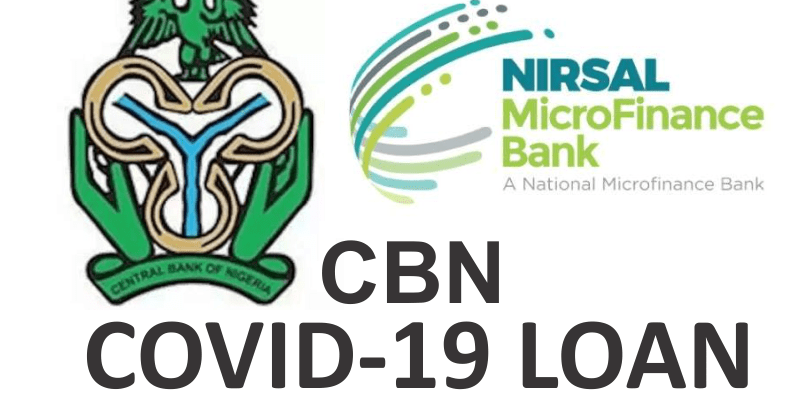President of National Association of Small and Medium Enterprises (NASME), Prince Degun Agboade, has said many MSMEs are going into oblivion, claiming that only sixteen members of the association benefitted from CBN N50 billion Targeted Credit Facility for households and SMEs COVID-19 Loan.
Prince Agboade was reacting to the survey report by Fate Foundation and BudgIT, which stated that most of the entrepreneurs (94.2%) surveyed reported that they did not receive any form of support, while a total of 94.3% reported being negatively impacted by the pandemic, particularly in the areas of cash-flow, sales, revenue, salaries and wages. The report also stated that: “A large number of the respondents were entrepreneurs operating in the agricultural sector (21.8%), fashion (14.3%), service (12.3%) and manufacturing (6.6%t). 44.7% of the respondents were young people aged 18 to 35 years.”
The Central bank of Nigeria (CBN) in March 2020 introduced a N50 billion Targeted Credit Facility for households and SMEs fund and was disbursed by NIRSAL Microfinance Bank as palliatives. Analysts however contend that the fund is insufficient to support the over 41 million MSMEs in the country.
Speaking further, NASME President, Agboade said that the report of 94.2 % of respondents not receiving any support from government to mitigate the impact of the pandemic is true. He said: “NASME has members in 33 states of the federation including FCT. About 400 of our members applied, but only 16 were given, with some getting as low as N50,000 and some N100,000, out of the maximum peg of N20 million per MSME. “When I asked the Managing Director of NIRSAL Microfinance Bank (the channel for the disbursement of the government’s COVID-19 N50 billion MSME support fund) at a forum, how many people received the fund, he said it was about 95,000 beneficiaries nationwide. This comes to an average of less than N530,000 per beneficiary.”
In the same vein, Lagos Chamber of Commerce and Industry (LCCI) Director-General, Mr Muda Yusuf, said the government needs to ramp up intervention support for the sector if it hopes to head-off the looming recession, speaking further, he said “We have to reckon with the fact that we have over 40 million MSMEs in the country. It is almost impossible to reach a significant percentage of this number. It is therefore about the materiality of this intervention. “Perhaps, the government needs to do a lot more in deepening the interventions to ensure more impact.”
Fate Foundation and BudgIT made recommendations for the government and key entrepreneurship ecosystem stakeholders who are designing policies and business support programmes to build and enable resilience for Nigerian entrepreneurs.
They stated: “Governments at the federal and state level will need to establish more COVID-19 MSME funds including: setting up grant programmes in partnership with private and development sector partners targeted at vulnerable MSME segments and; Low-interest financing to support essential sectors and industries significantly impacted by the crisis and attendant lockdown.
“Provide non-financial support through deferrals on tax payments, delay collection of licenses and permit fees and implement tax filing extensions for business related taxes. “Given that MSMEs provide up to 70% of employment support, a payroll support incentive particularly targeted at MSMEs who have been compliant with remitting their Personal Income Tax would be a welcome incentive for businesses to try to retain their employees and keep them on payroll.
“In addition to concerns about the sufficiency of the established COVID-19 Intervention Funds for MSMEs, easing accessibility to financing programmes has to be a key criterion for success. For instance, a major application criterion for accessing the TCF fund is the “BVN number” and this might be an impediment for unregistered micro businesses that do not have bank accounts and BVN numbers. “Funds must be designed in such a way that it takes into consideration the dynamics of the different types of MSMEs particularly those within the micro segment who operate in the informal sector; may not speak English as their first language; have limited digital literacy and internet capabilities to access the online funds and; be unaware of the different policy programmes and opportunities to support them at this time.”
ALSO READ:
Detailed Guide on How to Access CBN AGSMEIS Loan For SME’s and Agricultural Businesses Without Collateral
Detailed CBN Guidelines on How to Access Healthcare Research And Development Grants
How To Access CBN Loan for the Creative Industry Financing Initiative (Creative Industry Loan)
Detailed Guide On Accessing CBN Anchor Borrowers Programme (ABP) Intervention For Agriculture

